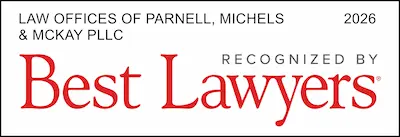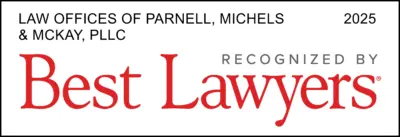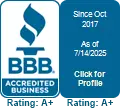Choosing Your Business Structure~2 min read
Of all the choices you make when starting a business, one of the most important is the type of legal structure you select for your company. Not only will this decision have an impact on how much you pay in taxes, but it will also affect the amount of paperwork your business is required to do, the personal liability you face, and your ability to raise money.
It’s not a decision to be entered into lightly, either, or one that should be made without sound counsel from business experts. Business owners need to seek expert advice from a trusted business formation attorney when considering the pros and cons of various business entities.
Types of Business Entities
The type of business entity you choose will usually depend on three primary factors: liability, taxation, and record-keeping.
Here’s a quick look at the differences between the most common forms of business entities:
A sole proprietorship is the most common form of business organization. It’s easy to form and offers complete managerial control to the owner. However, the owner is also personally liable for all financial obligations of the business.
A partnership involves two or more people who agree to share in the profits or losses of a business. A primary advantage is that the partnership does not bear the tax burden of profits or the benefit of losses-profits or losses are “passed through” to partners to report on their individual income tax returns. A primary disadvantage is personal liability – each partner is personally liable for the financial obligations of the business.
A corporation is a legal entity that is created to conduct business. The corporation is an entity separate from those who founded it that handles the responsibilities of the organization. Like a person, the corporation can be taxed and can be held legally liable for its actions. The corporation can also make a profit. The key benefit of corporate status is the avoidance of personal liability. The primary disadvantage is the cost to form a corporation and the extensive record-keeping that’s required. While double taxation is sometimes mentioned as a drawback to incorporation, the S corporation (or Subchapter corporation, a popular variation of the regular C corporation) avoids this situation by allowing income or losses to be passed through on individual tax returns, similar to a partnership.
A hybrid form of partnership, the limited liability company (LLC), allows owners to take advantage of the benefits of both the corporation and partnership forms of business. The advantages of this business format are that profits and losses can be passed through to owners without taxation of the business itself while owners are shielded from personal liability.
The bottom line? Don’t take this very important decision lightly, and don’t make a choice based on what somebody else has done. Carefully consider the unique needs of your business and its owners, and seek expert advice, before settling on a particular business format.
Our firm blends advocacy oriented practice with effective practical solutions for all our clients in Londonderry, N. Woodstock, and throughout New Hampshire. The attorneys at Parnell, Michels & McKay provide effective representation and counseling to assist our clients facing legal questions. We simplify the process so our clients can understand and are able to participate as partners in the resolution.
Our practice includes personal injury law such as motor vehicle accidents, falls, dog bites, workers compensation, social security disability, and other injuries.
We also practice family law, including divorce, post-divorce, unwed custody and property division, and collaborative divorce, and have extensive experience in bankruptcy, probate, boundary disputes, estate planning, corporate formation and other real estate litigation.













